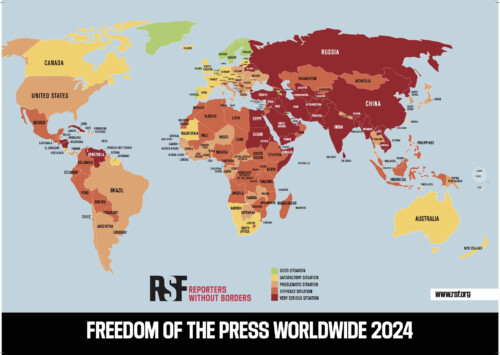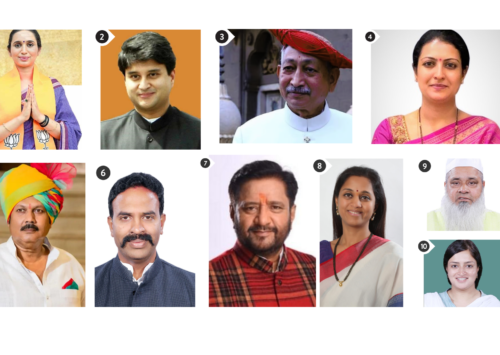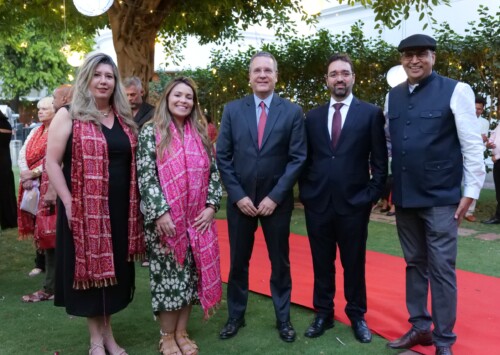No easy way out of Canadian conundrum for India
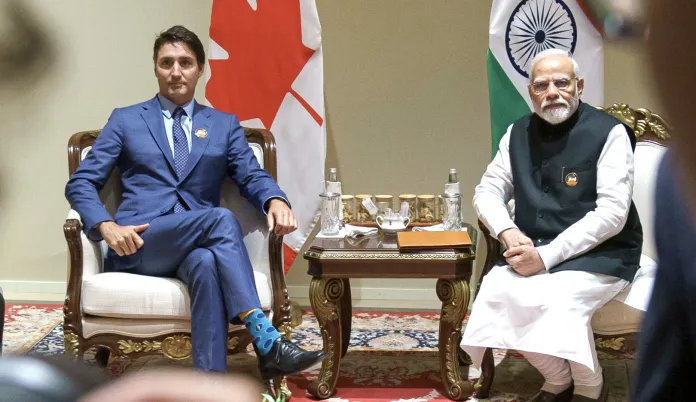
Tensions between Canadian Prime Minister Justin Trudeau and his Indian host Narendra Modi were evident at G20 Summit in New Delhi
A week is rather too long in politics, or so goes the old adage. The Indian diplomats have just been served a clear reminder of the saying. On September 10, India was literally and figuratively on top of the world, having successfully piloted a complex and heavily divided Summit of G20 member nations towards a joint communiqué.
The Indian government, especially its diplomats, received countless praises from practically all over the world about their deft handling of a meeting which pitched the United States and its NATO allies in the same room as their arch-rivals Russia and China and yet the group managed to reach an agreement on a joint statement.
But barely a week later, Justin Trudeau, Prime Minister of Canada, one of the G20 members, kicked up a global storm when he made a statement in the Canadian Parliament that there was a clear role played by India in the murder of Hardeep Singh Nijjar, an alleged Khalistan activist, who was shot dead in Canada in June.
The same day, Canada expelled a senior Indian diplomat, Pavan Kumar Rai and in a very unusual move identified him as the head of station in Canada of Indian intelligence agency, Research & Analysis Wing (R&AW).
India was prompt in its response. Dismissing the Canadian allegations, India responded and in tit-for-tat move expelled the local head of Canadian intelligence agency in India, accusing him of carrying out anti-India activities. India also denied that Canada had shared any information or evidence in this matter and termed Trudeau’s statement blatant lies.
Most Canadian allies, including the United States, the United Kingdom and Australia, said they were concerned about the allegations, but refrained from adding anything more to the allegations made by Trudeau.
Almost immediately, the Indian government as well as the media mistook this rather muted response by the US and other countries as a sign that India’s new allies and partners weren’t with Canada on the issue and that they had snubbed Trudeau. Almost on a cue, dozens of jingoistic stories, most of them clearly planted by the Indian government, appeared across the entire media spectrum lambasting Trudeau and Canada for the statements and some even claiming that the Western nations had chosen to support India over Canada in this spat.
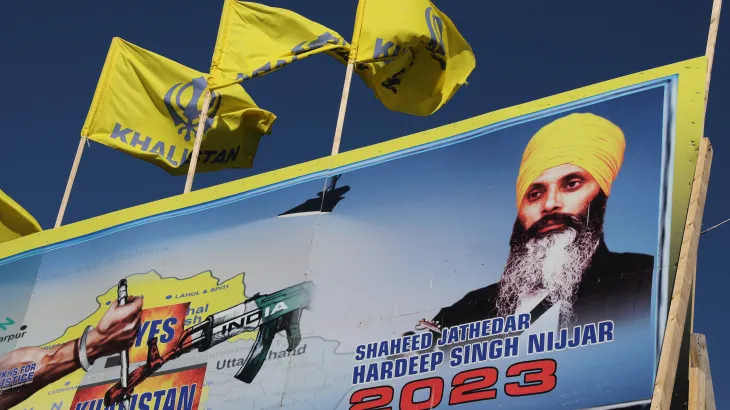
Trudeau has accused India of being responsible for killing of alleged Khalistan militant Hardeep Singh Nijjar
India went a step ahead and told Canada to curtail its diplomatic presence in India, while suspending visa services for Canadians wishing to travel to India. The Ministry of External Affairs also released some aggressive statements, accusing Canada of harbouring terrorists and comparing it with Pakistan.
It was then that the United States stepped in and cleared the air over the issue. No less than the Secretary of State Anthony Blinken said that whatever Trudeau had said was the shared intelligence of the ‘Five Eyes’, a network of US, Canada, United Kingdom, Australia and New Zealand that proactively share intelligence with each other. Blinken, as well as leaders of other nations, notably Australia, clearly asked India to cooperate with Canada in the investigation in order to catch the guilty.
India is certainly right in its stance that the Canadian and Western leaders are in no place to deliver sermons on extraterritorial killings as no other nation has conducted as many illicit, extraterritorial activities, including assassinations and coups d’état as the United States and the western nations continue to launch military attacks in any part of the world as they please.
But there are a couple of lessons to be learnt here. One, if you indulge in extraterritorial activities in other countries, especially friendly countries, then do not ever get caught or leave traces of your activities, which clearly R&AW failed to achieve, if it had a role in Nijjar killing.
A second and more important takeaway for India from this spat is a lesson that has been served several times in the past, but clearly forgotten by the current dispensation in New Delhi. The United States is as unreliable a long-term partner as a fair-weather friend. Unfortunately, since 2014, there has been a dramatic shift in Indian foreign and strategic policies that seem to align more with the interests of the United States rather than putting Indian interests right on top.
In many ways, India, which had stood up to the US in the past and which aligned with US only when Indian interests so demanded, has become more of a proxy for the US, pretty much like its traditional NATO allies. Under no condition is India protecting its interests by joining numerous alphabet soup like groupings that keep on emerging, with the sole intent to corner China. These groupings exist only to suit the purposes of the United States and for now.
We have our differences with China which can only be resolved through bilateral discussions and in a peaceful manner, not by Indian becoming a belligerent American proxy in Asia.

